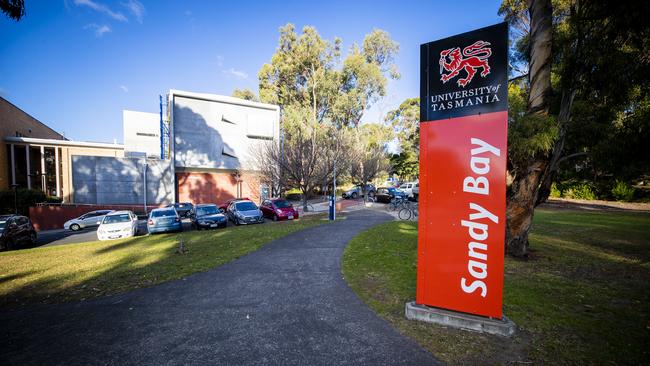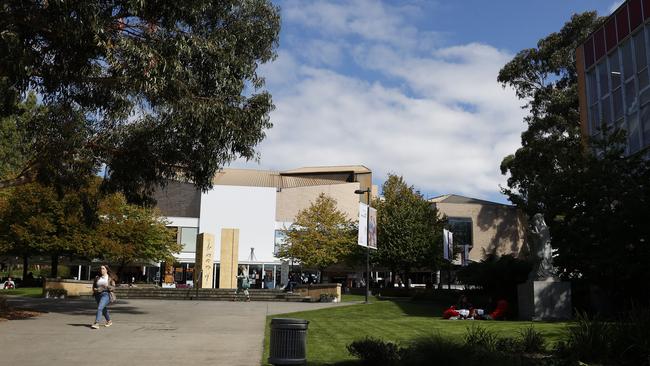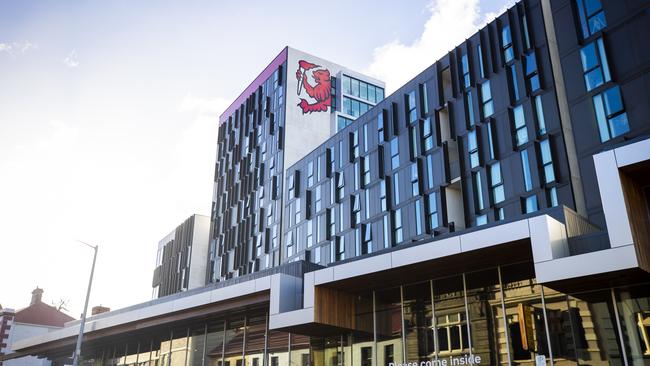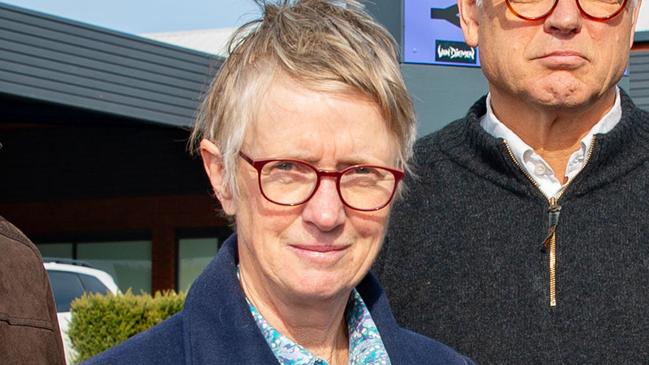University of Tasmania proposes staff cuts, fewer courses amid declining student enrolments
The University of Tasmania has put a controversial proposal to its staff that would result in job losses and fewer course offerings, attributing the move to falling student enrolments.

Tasmania
Don't miss out on the headlines from Tasmania. Followed categories will be added to My News.
The University of Tasmania is set to axe 13 full-time staff as it proposes a massive shake-up of its humanities, social sciences, creative arts, and media schools amid declining student enrolments.
UTAS has begun consulting with staff and students on the future structure and delivery of some of its core degrees.
The proposal from management, which will involve a reduction in course offerings, includes a merger of the schools of Humanities and Social Sciences and the separation of the School of Creative Arts and Media into a re-established Conservatorium of Music and a new School of Creative and Performing Arts.

Media would be shifted into the new School of Humanities and Social Sciences, while police and emergency management, as well as social work, would be moved to UTAS Health, where they would be linked to the disciplines of paramedicine and psychology, respectively.
The university is proposing to cut about 13 full-time positions through both targeted and voluntary redundancies.
A four-week staff consultation period regarding the potential changes has been launched and UTAS interim academic lead for the College of Arts, Law and Education, Professor Lisa Fletcher, described the mooted changes as “significant”.
“Universities around the country and, indeed, internationally, particularly in areas such as the arts, are facing significant student decline. So it is vitally important that our priority remains delivering compelling and exciting and meaningful courses for our students,” she said.

“But we need to do that at a scale that we can afford. So there are some changes to the staff profile of the university that we have calibrated really carefully against the offerings that we can continue to offer sustainably.”
Prof Fletcher said the proposal presented several options to staff.
“For the School of Humanities and Social Sciences, we’ve offered three options for staff to provide feedback on about how that school will be divided into programs within it,” she said.
“But we’re also really open to other suggestions from staff if there are options that they think we have not presented, but which would be sensible, sustainable and be able to support compelling offerings and impactful research.”
According to UTAS’s most recent annual report, the university received $77.6m in international student revenue in 2023, which was a slight increase on the $75.6m reported in 2022 but still far below the pre-Covid peak of $139.6m in 2019.

National Tertiary Education Union Tasmanian secretary Dr Ruth Barton told ABC Radio on Friday that there would be “real implications for the university’s reputation” and “how it contributes to Tasmania’s economy in the future” if the proposal went ahead.
“[Staff are] feeling angry and they’re feeling disappointed and they’re feeling quite confused about it all; about the disjuncture between the rhetoric of [the university] being directed towards Tasmania’s future and [being] a central part of Tasmania’s economic growth and then these cuts,” Dr Barton said.





